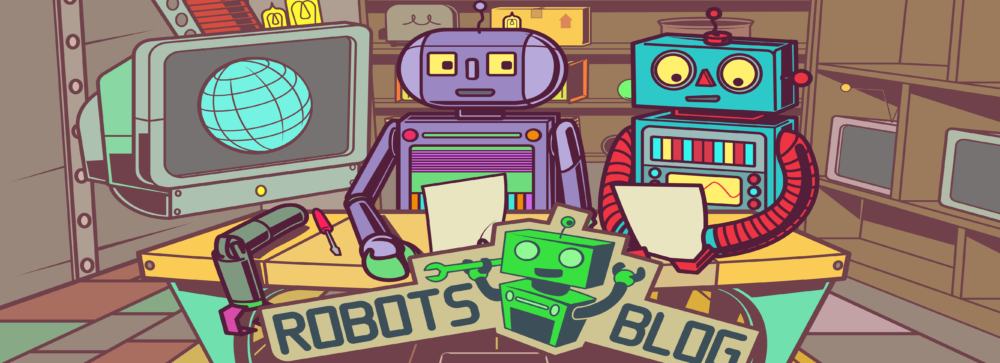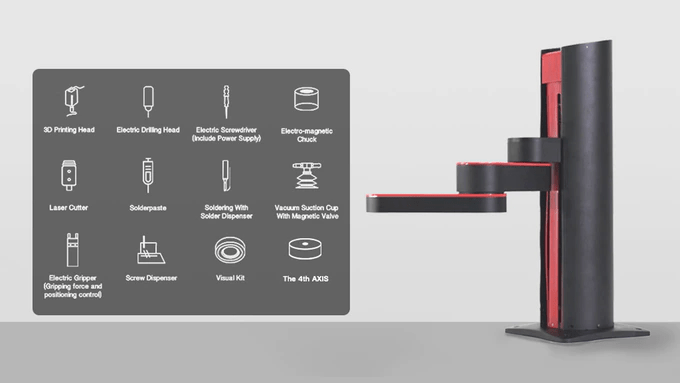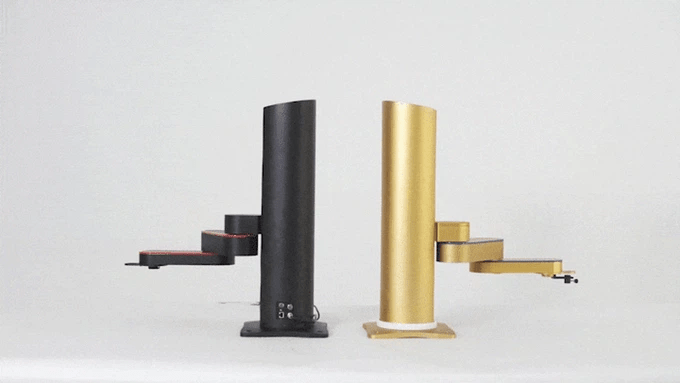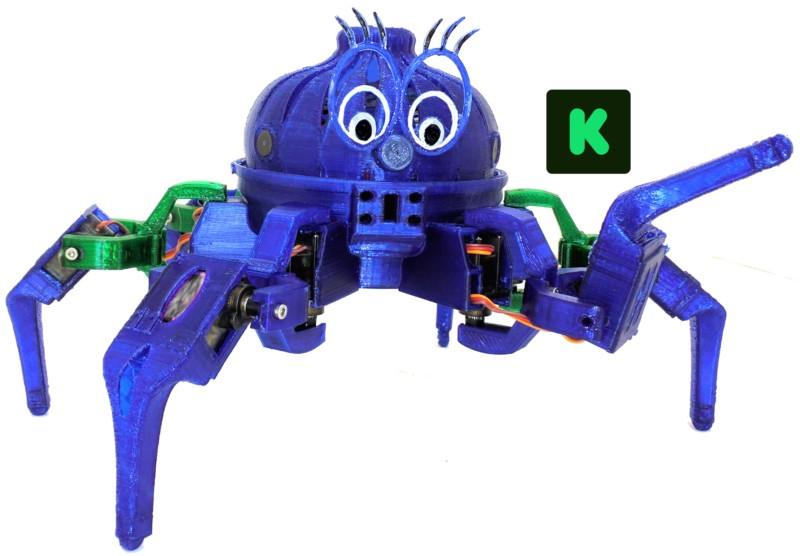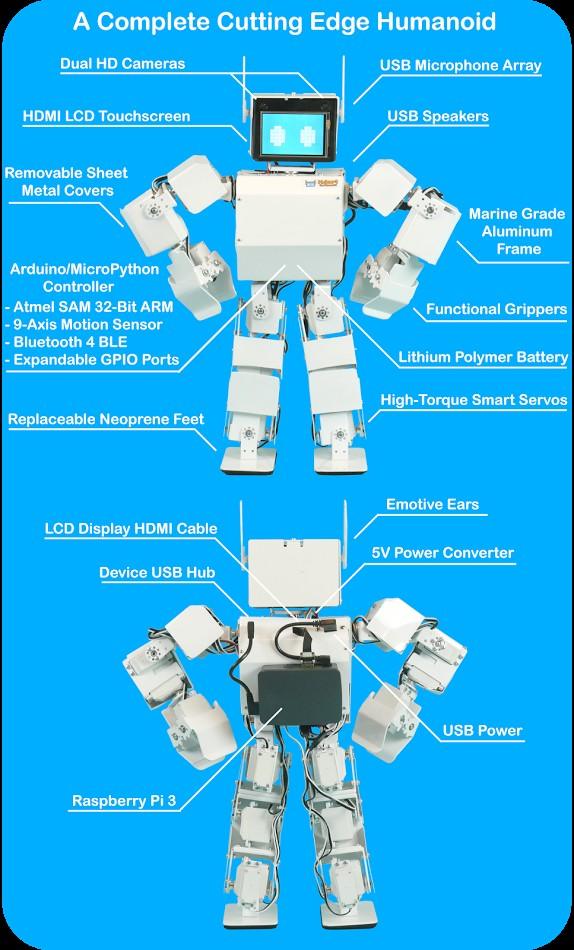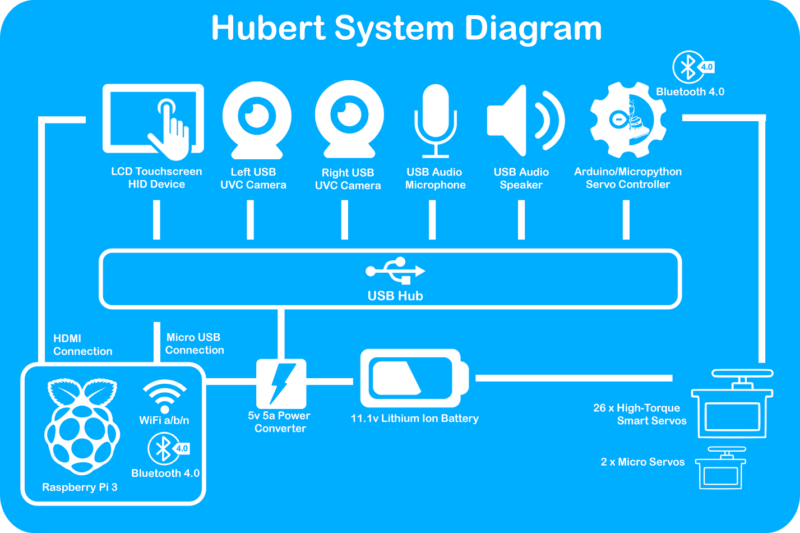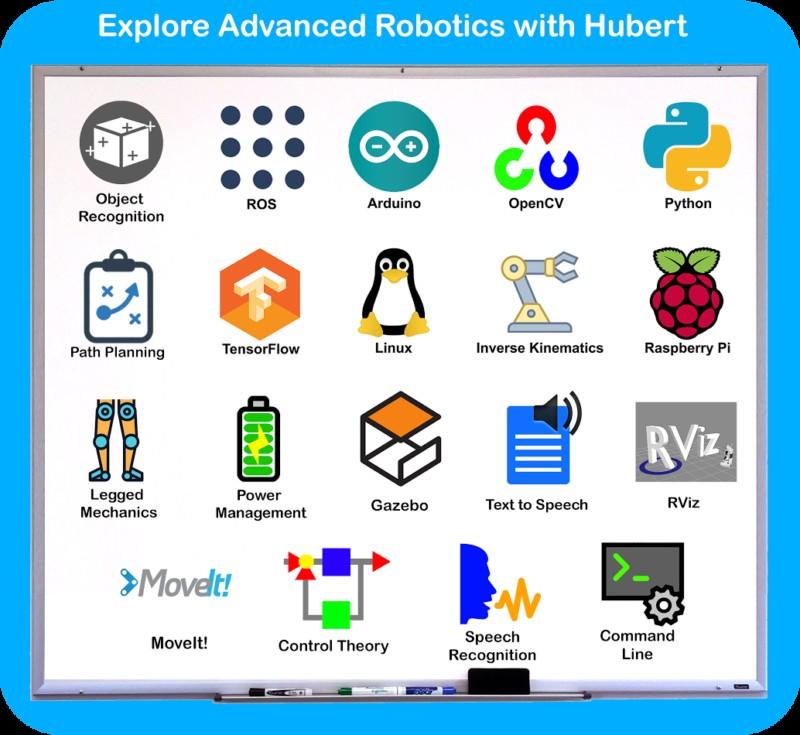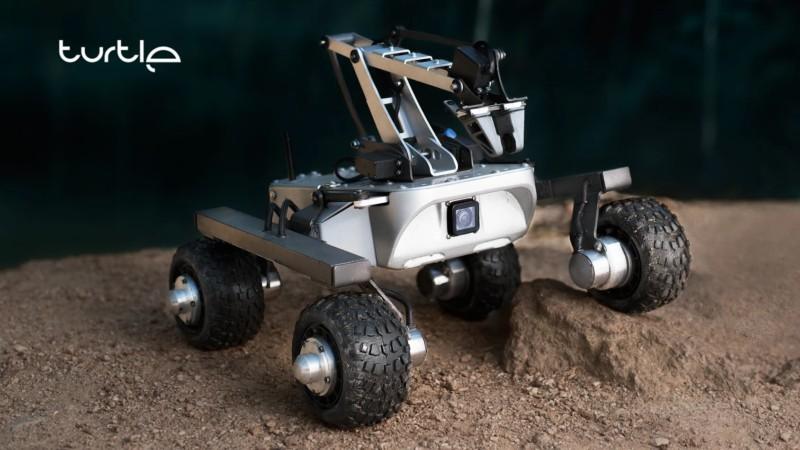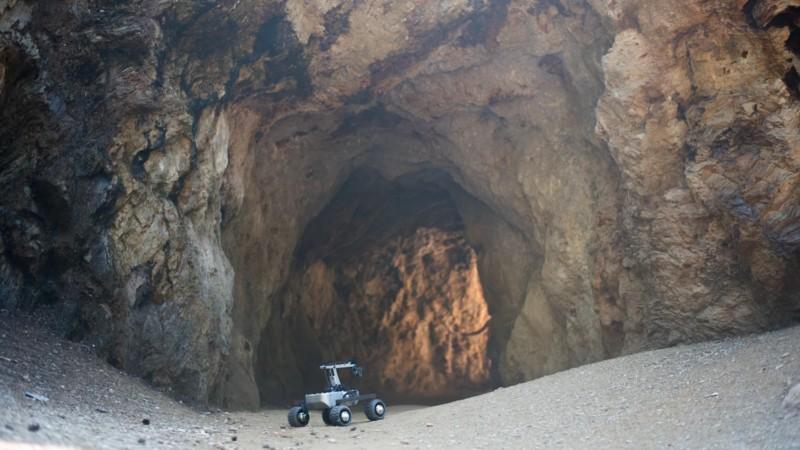ROBOLOCO has launched the Roboterra Robotics Kits to make STEM education easy for the teacher, fun for the kids and affordable to the schools.
SANTA CLARA, CA (PRWEB) SEPTEMBER 21, 2017
ROBOLOCO, Inc., an educational technology company, with headquarters in Santa Clara, CA, announces a strategic distribution and licensing partnership with RoboTerra Inc., a Silicon Valley & Beijing global educational robotics company. According to the agreement, ROBOLOCO is now the sole distributor for the RoboTerra award-winning Origin and ERRA Kits, outside of China. This partnership incorporates a perpetual license for ROBOLOCO to develop its own proprietary software and robots based upon the existing RoboTerra technology.
ROBOLOCO’s CEO, Newton Paskin said, “The acquisition of RoboTerra products distribution in the global market, the rights to further improve the existing technology and continue to develop our own proprietary IP on top of RoboTerra’s IP complements our passion to help educators teach STEM (Science, Technology, Engineering, and Mathematics). Our team, customers, and investors are extremely excited about the possibilities.”
ROBOLOCO will continue to develop RoboTerra’s educational tools such as the award-winning Origin Robotics Kit and the CastleRock Online Platform, the world’s first virtual robotics learning cloud. ROBOLOCO plans to add expertise in the areas of constructivist curriculum and artificial intelligence to enable instant feedback to educators and enhance the teaching and learning experiences providing an individualized and customized education opportunity for kids.
With this strategic partnership, ROBOLOCO, Inc. is seeking a new round of financing to scale its operations with the aim of reaching $ 75MM in revenue.
About ROBOLOCO, Inc.
ROBOLOCO, Inc. was recently launched by Newton Paskin, Patrick Muggler, and Derek Capo. Its’ mission is to empower educators to teach STEM and equip students with the skills they need for a successful life. To accomplish its mission ROBOLOCO is developing educational tools that combine leading-edge technology in hardware and software such as Robotics coupled with Artificial Intelligence (AI) with accessible and easy to use constructivist curriculum, aligned with ISTE and NGSS Standards, focused on the teacher. Its motto is “Easy for the teacher, fun for the kids and affordable to the schools”
About RoboTerra, Inc.
RoboTerra was founded in Spring 2014 by Yao Zhang a 2016 Young Global Leader, Columbia University alum in the Economics and Education Ph.D. program, a FIRST Robotics World Championship invited speaker, and recipient of the „Best 10 Global Citizen Service Award“ by the United States Department of State.
RoboTerra China Private Enterprise (a.k.a. in Chinese “Luo Bo Tai La”) will continue its operations in China focusing towards developing products for the Chinese education market and RoboTerra Inc. (a Delaware C-Corp) will continue to advance technologies in the learning space.
